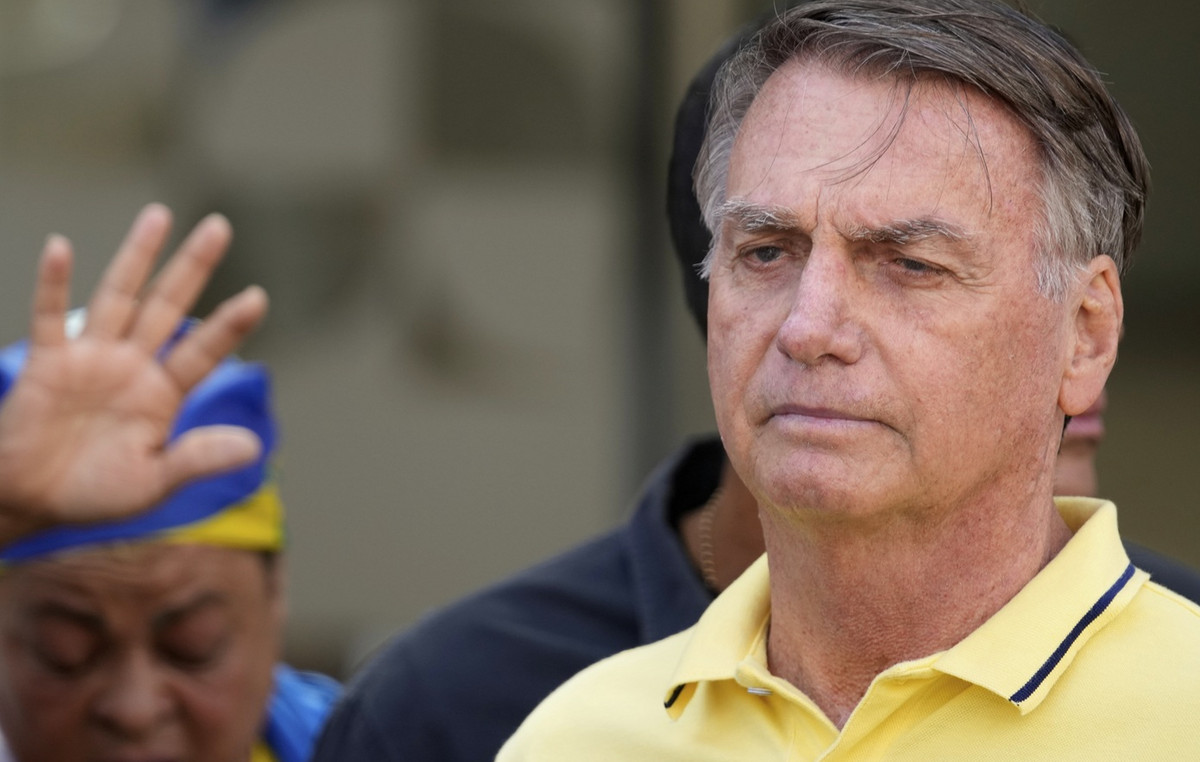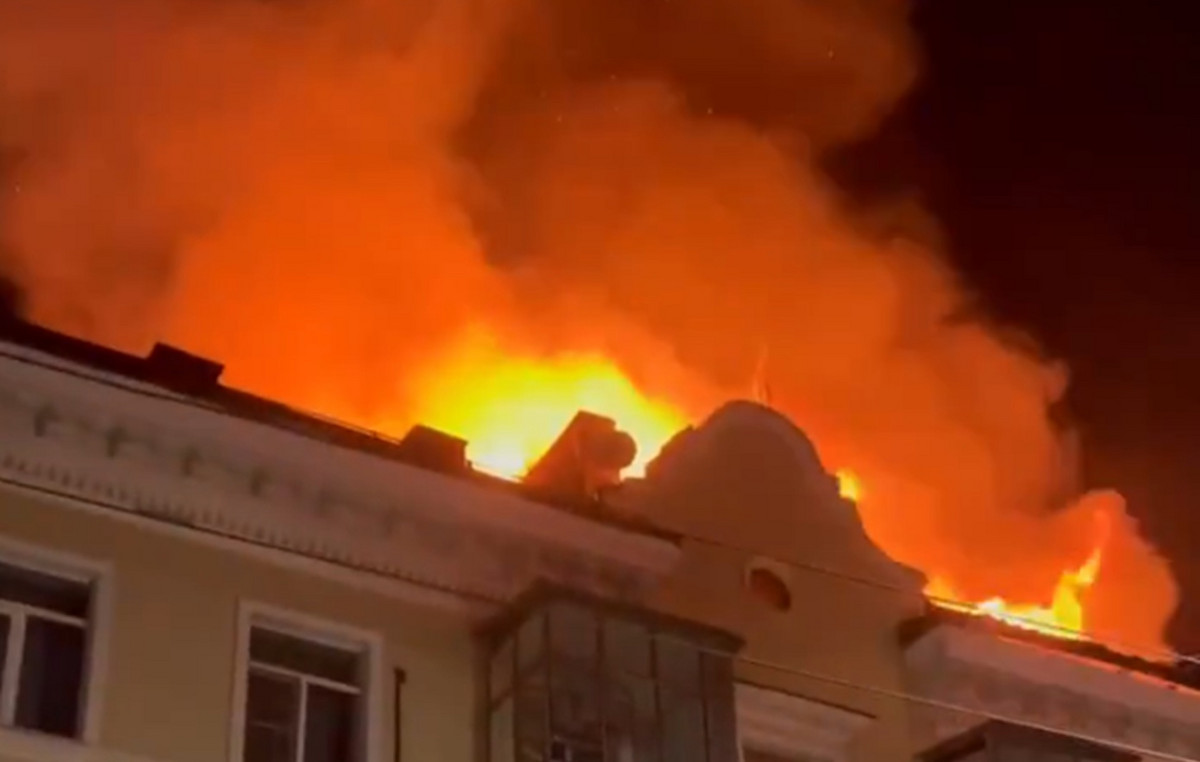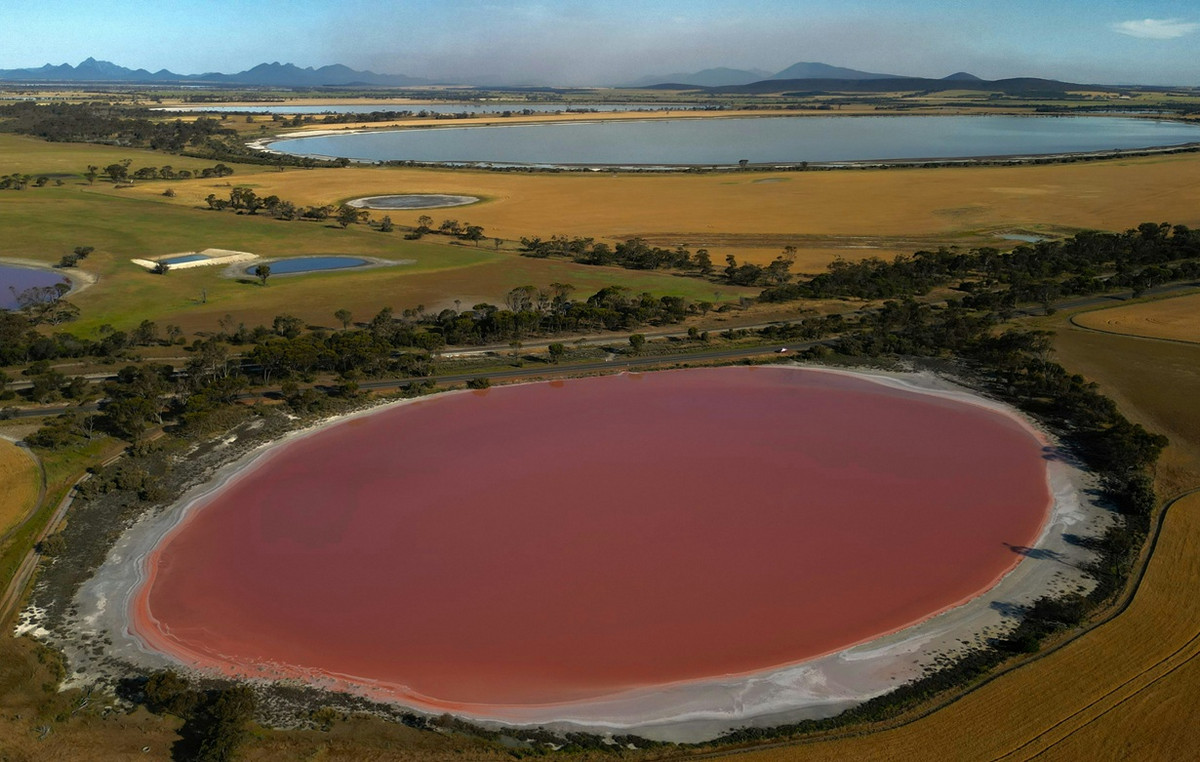A survey coordinated by the Oswaldo Cruz Foundation (Fiocruz) will monitor the immune response generated by the vaccine against Covid-19 in children and adolescents over time. The study, which began on March 5, will last one year and six months and will be carried out in Belo Horizonte, in the metropolitan region and also in the municipality of Serrana, in São Paulo.
Volunteers are recruited when families take children and adolescents, aged between 5 and 17, to be vaccinated. Fiocruz and Butantan teams will be at the immunization sites to provide all information about the research and clarify doubts that may arise before the volunteer joins.
Monitoring begins with the authorization of those responsible and also of those vaccinated. The data, according to the study’s coordinator, Rafaella Fortini, will allow us to understand the immune response generated in the body and its duration.
“We already know the effectiveness and safety of vaccines approved by Anvisa. The study will provide details on the protective immune response that is generated by the vaccine and how this response remains over time. For this, we analyzed the levels of total antibodies and neutralizing antibodies, those capable of effectively neutralizing the coronavirus, including the variants of concern in circulation. In addition, we will detail the cellular response generated by the vaccine, in order to understand the protective response in a broad and complete way in children and adolescents”, explains Rafaella.
The monitoring of volunteers is done monthly, through telephone contact. In person, there will be five contacts: on the day of vaccination and, later, in the following periods: after one month, after three months, after six months and after one year, all these times from the second dose.
In Belo Horizonte and the metropolitan region, the responses generated by the CoronaVac and Pfizer vaccines, immunizers that are being applied in the target age group of the study, are being evaluated. In Serrana, the CoronaVac is evaluated exclusively, which, as in the rest of the country, is applied to people over 6 years of age.
“Everyone is monitored by our team throughout the entire study. In case of symptoms of Covid-19, a medical team makes an assessment of the need to perform a swab collection and then we make the diagnosis by PCR. If positive, the virus is sequenced to define the variants that cause post-vaccine infection. In addition, we also monitor possible adverse effects that may occur”, explains the researcher.
In addition to monitoring children and adolescents, the study also carries out this same investigation in vaccinated adults. The survey focused on the public aged 18 and over began in January 2021 and lasts for two years.
“The information generated through the research will support decision-making, helping Anvisa and the Ministry of Health to define the need for booster doses and also the frequency for all age groups. They will also help to define guidelines to be adopted by the National Immunization Program”, highlights the researcher.
The research is the result of a partnership between different institutions, including the Butantan Institute, the Faculty of Medicine of São José do Rio Preto (Famerp), the Hospital das Clínicas of the Faculty of Medicine of the University of São Paulo and the municipal health secretariats of Belo Horizonte and Serrana.
Source: CNN Brasil







